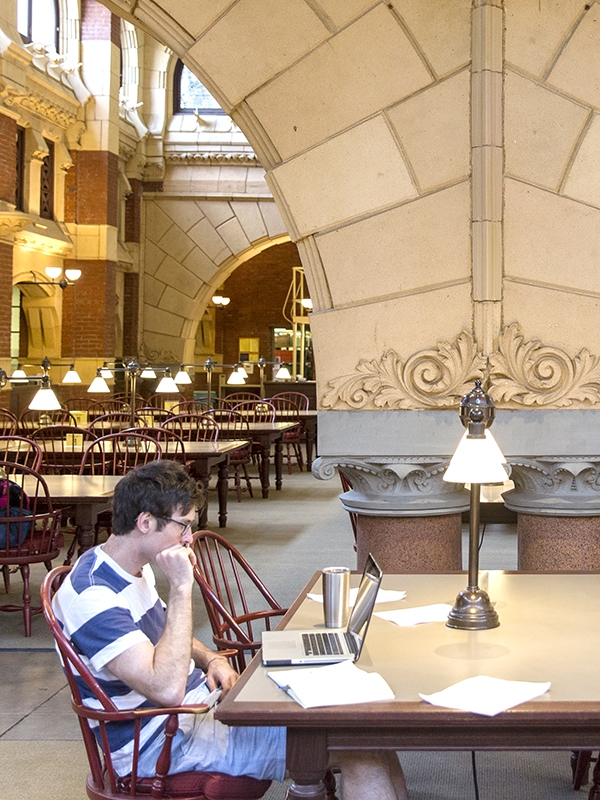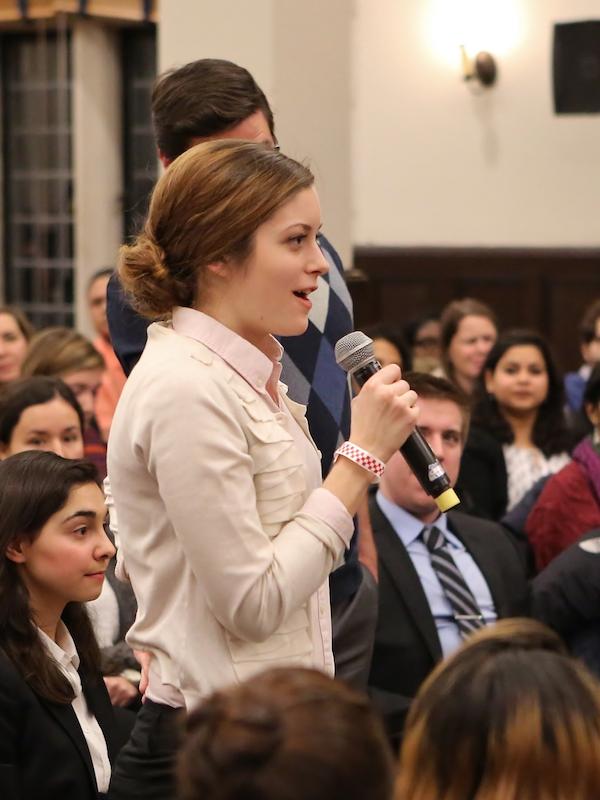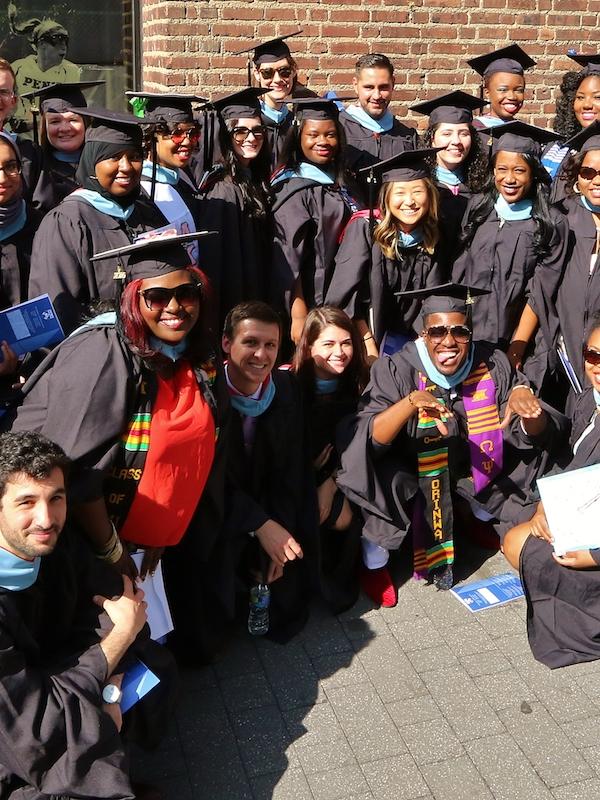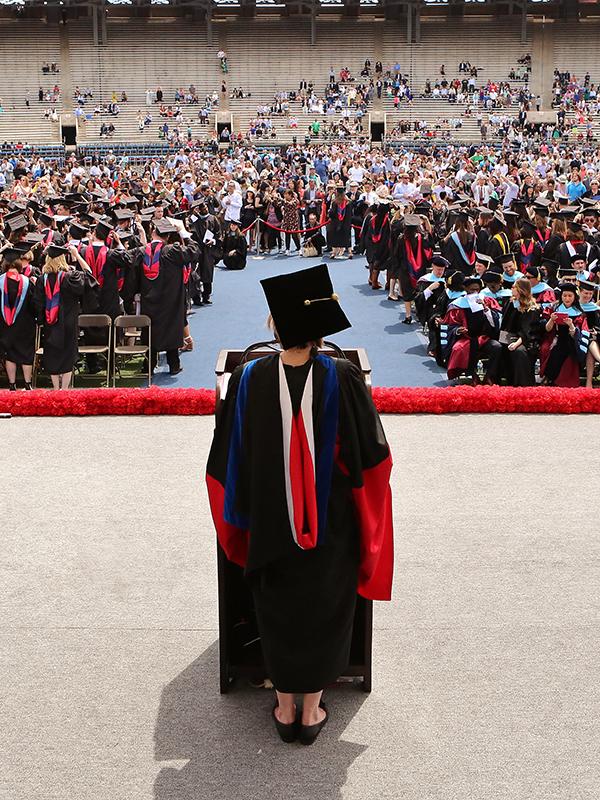Discovering How to Teach Every Child
“I think you could rightly describe what we’re doing now as ‘personalizing’ education, in the way that some medical practitioners and researchers talk about personalizing medicine.”
by Juliana Rosati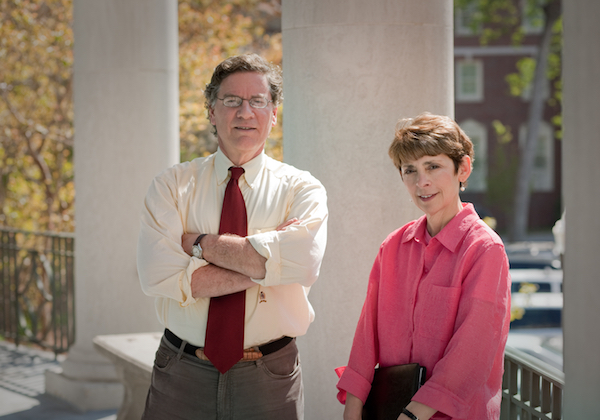
Nashville, Tennessee
Photoby Wolf Hoffman
Invisible obstacles thwart education when students’ particular learning needs and disabilities are not fully recognized and understood. Drs. Lynn Fuchs, GED’73, and Doug Fuchs, GED’73, imagine a day when customized interventions can ensure that every child learns.
“Millions of kids are learning virtually nothing because the seriousness of their problems is grossly underestimated or unknown,” says Doug. “We’re knee-deep in trying to figure out which learner characteristics and which academic interventions seem to go hand in hand, moving in the direction of tailoring education to the individual student.”
International leaders in the study of learning disabilities and named to a list of fourteen revolutionary educators by Forbes magazine in 2009, the husband-and-wife research team havealready changed how children with learning problems are taught throughout the country. Their advances in curriculum-based measurement have given teachers tools to track student progress and vary instructional approaches based on data. They played a leading role in developing RTI (Response to Intervention), a program that provides early screening for learning differences and intensive tutoring that can put some struggling students back on track for general classrooms. Their programs in PALS (Peer Assisted Learning Strategies) use peer tutoring to meet a range of learning needs in reading and math.
“These interventions and practices are offered in a low-cost way to schools, and there’s documentation that their implementation produces better learning outcomes for children,” says Lynn, who holds the Dunn Family Chair in Psycho-educational Assessment at Vanderbilt University’s Peabody College in Nashville, Tennessee.
Despite the success of the pair’s methods, a large category of students nationwide remains unresponsive to intervention. The couple’s current line of research aims to help these students. “I think you could rightly describe what we’re doing now as ‘personalizing’ education, in the way that some medical practitioners and researchers talk about personalizing medicine,” notes Doug, who holds the Nicholas Hobbs Chair in Special Education and Human Development at Peabody.
The work is difficult, and it takes the researchers into sometimes uncharted territory. “For students with severe learning deficits, interventions have to be developed in very careful ways to compensate for a large variety of cognitive and linguistic limitations,” says Lynn.
She and Doug began their formal study of education at Penn GSE after discovering a shared commitment to helping at-risk children. Seeking to gain classroom experience, both earned master’s degrees and teaching certifications at GSE, where today they are consultants to The Center on Standards, Alignment, Instruction, and Learning (C-SAIL), directed by GSE professor and former dean Andy Porter.
“It was an intellectually stimulating year, and we enjoyed it very much,” says Doug of their student days. The two learned from revered GSE professors, studying teaching with Jim Larkin, measurement with Andrew Bagley, and literacy with Morton Botel, ED’46, GED’48, GR’53. After graduating, Lynn taught at Stonehurst Hills Elementary School just outside Philadelphia in Upper Darby, and Doug taught at Wayne Elementary School in Radnor Township, Pennsylvania.
Throughout their research over the past three decades, the two have kept the realities of schools top of mind. They test their interventions in the Metropolitan Nashville Public Schools, their primary research site, and strive to provide clear and practical instructions for teachers.
“School people juggle a lot of things, and the more complex the program, the harder it is to implement properly,” says Lynn. Adds Doug, “I think there’s an art and a science to creating programs that are effective and, at the same time, efficient enough to be used.”
This article originally appeared in the Spring 2016 issue of The Penn GSE Magazine.

